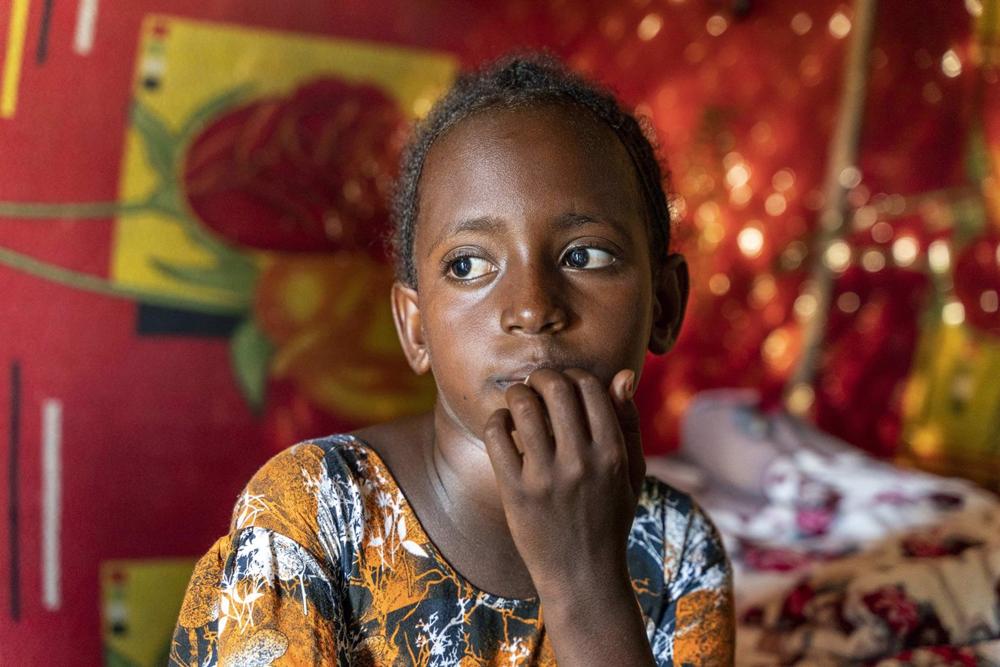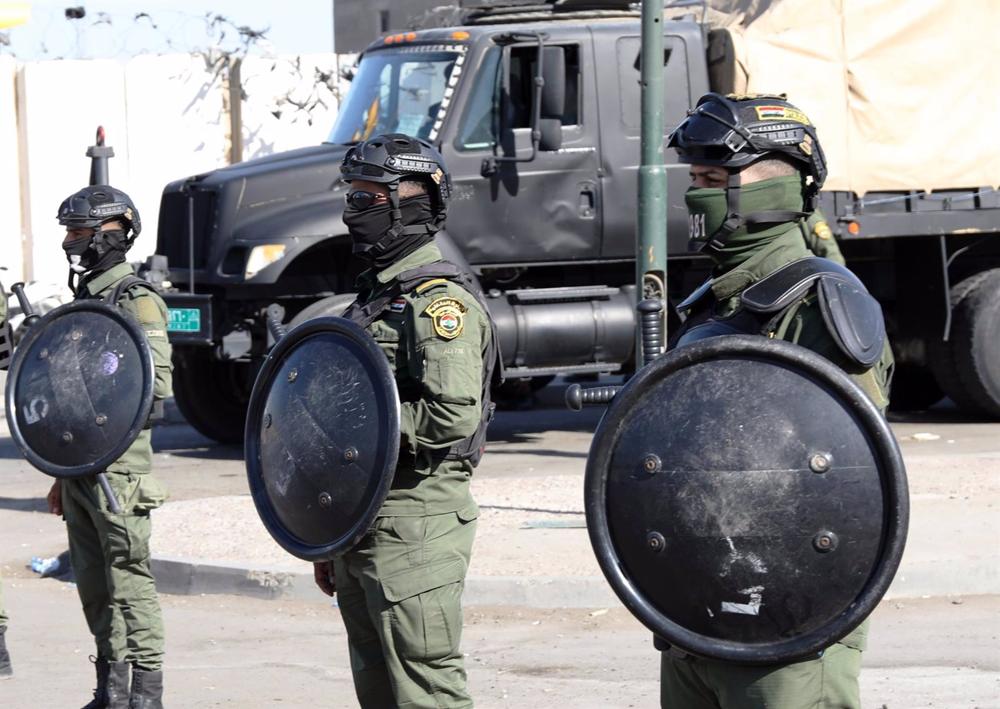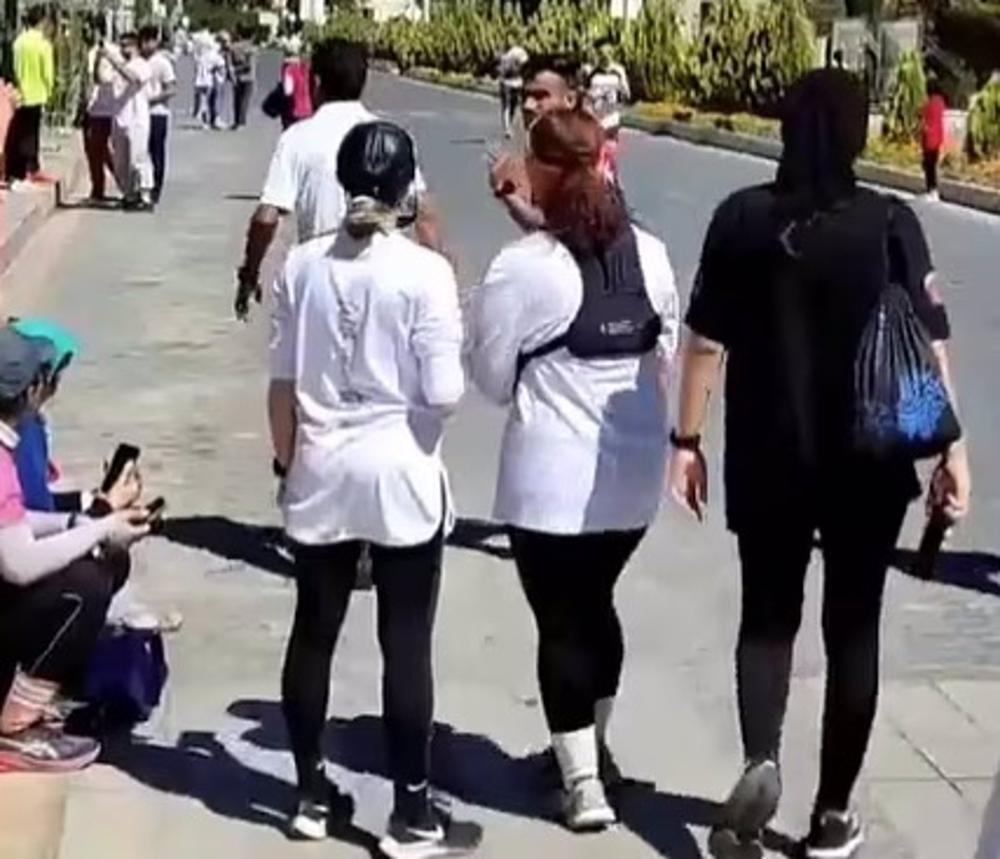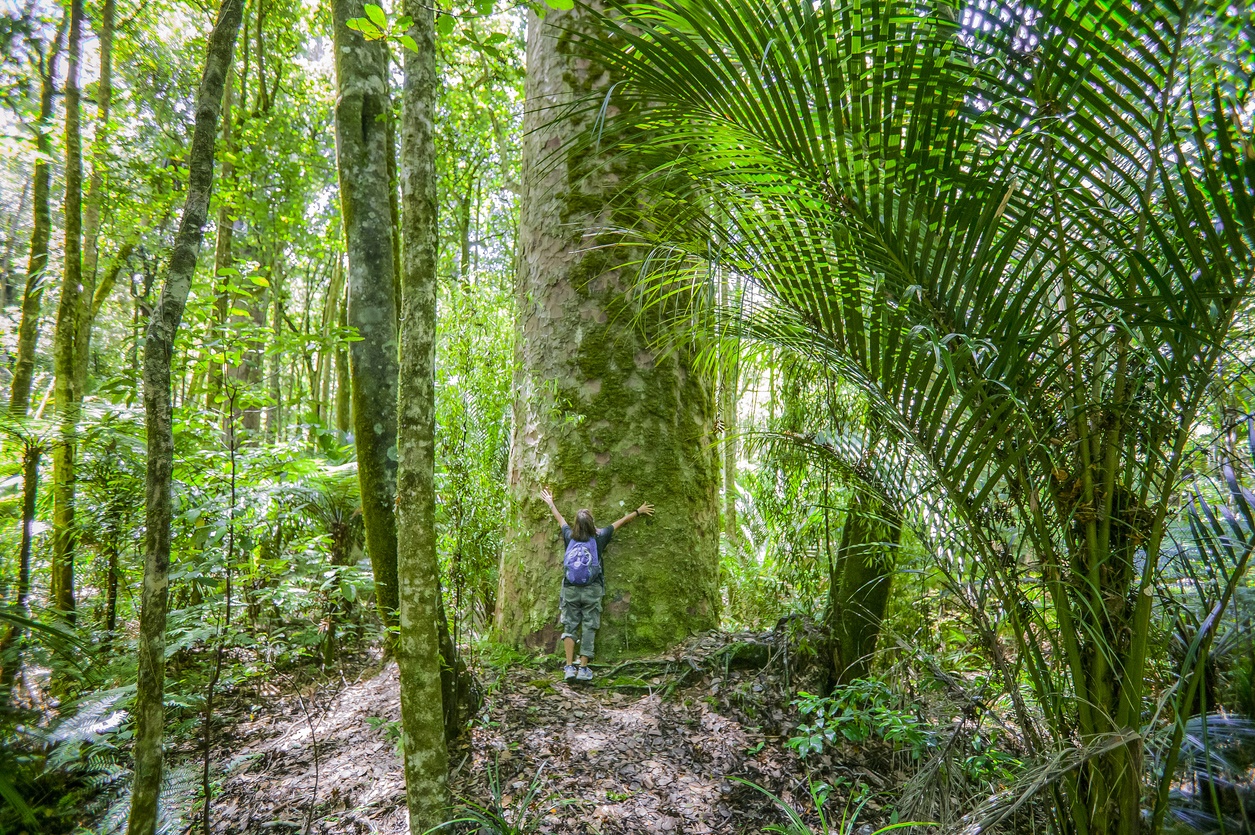
The United Nations High Commissioner for Refugees (UNHCR) has confirmed «a major change in humanitarian access» in northern Ethiopia following the cessation of hostilities agreement between the Government and the Tigray People’s Liberation Front (TPLF) after more than two years of conflict in the Tigray region.
«Since the signing of the peace agreement we have seen a big change in humanitarian access and in our ability to move crucial assistance into Tigray,» said UNHCR Representative in Ethiopia Mamadou Dian Balde, who added that 61 trucks with 2,400 tons of aid, including medicines, shelter materials, blankets, household goods and 20,000 liters of fuel, have been shipped so far.
He stressed that «while UNHCR teams have remained in Tigray all this time, operating from Mekelle and S hire, they have now resumed operations from secondary locations such as Maichew, Adigray and Abi Adi», while stressing that «working with the Refugee and Returnee Service (RRS) of the Ethiopian Government has been able to provide assistance to more than 7,000 Eritrean refugees who were trapped in the camps of Ai Aini and Adi Harush, in western Tigray».
«They have been relocated to the newly established Alemwach camp in the Amhara region, where more than 22,000 Eritrean refugees and asylum seekers now live,» detailed Balde, who noted that the agency has also supported «the voluntary relocation of more than 900 Eritrean refugees» to the Afar region, also located in the north of the African country.
However, he has qualified that «living in safer and more humane conditions is only one step in providing solutions to refugees who have been trapped by vicious cycles of displacement» and regretted that «conditions for Eritrean refugees in Tigray have been harsh during most of the conflict». «What they need and deserve now is continued and coordinated support so that they can rebuild their lives and stand on their own two feet, pending durable solutions,» he has argued.
Balde further detailed that «UNHCR is working closely with local authorities in northern Ethiopia to support Ethiopians displaced by the conflict» and added that between January and October, aid has been delivered to more than 2.1 million internally displaced people. «We have also given advice and support to the most vulnerable, including separated children (from their families) and others with specific needs and survivors of gender-based violence,» he explained.
In this regard, he stressed that «much remains to be done» and said that «UNHCR continues to advocate for more favorable conditions in the affected regions, including the restoration of critical services such as banks and telecommunications to be able to operate more effectively and efficiently.»
«The recent reconnection of Tigray’s capital Mekelle to the national electricity grid and the restart of telephone services in Shire are steps to be applauded. More regular flights in Tigray and adjacent regions would help us reach the most vulnerable in order to provide much needed aid, protection and solutions. We call on the international community to maintain its financial support. The door to provide much needed humanitarian aid is open. We must have the necessary resources to deliver it,» Balde reiterated.
The conflict in Tigray erupted in November 2020 following a TPLF attack on the army’s main base in Mekelle, after which the government of Prime Minister Abiy Ahmed ordered an offensive against the group following months of political and administrative tensions, including the TPLF’s refusal to recognize an election postponement and its decision to hold regional elections outside Addis Ababa.
The TPLF accuses Abiy of whipping up tensions since coming to power in April 2018, when he became the first Oromo to accede to office. Until then, the TPLF had been the dominant force within Ethiopia’s ruling coalition since 1991, the ethnically-supported Ethiopian People’s Revolutionary Democratic Front (EPRDF). The group opposed Abiy’s reforms, which it saw as an attempt to undermine its influence.






